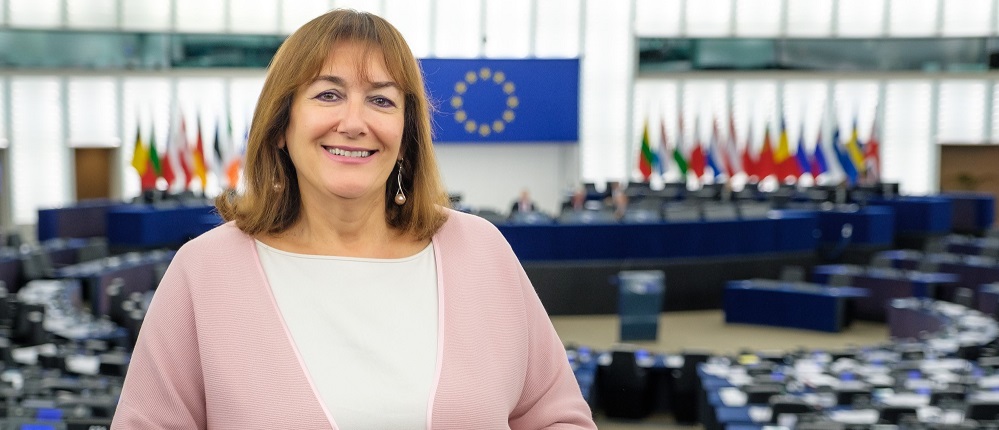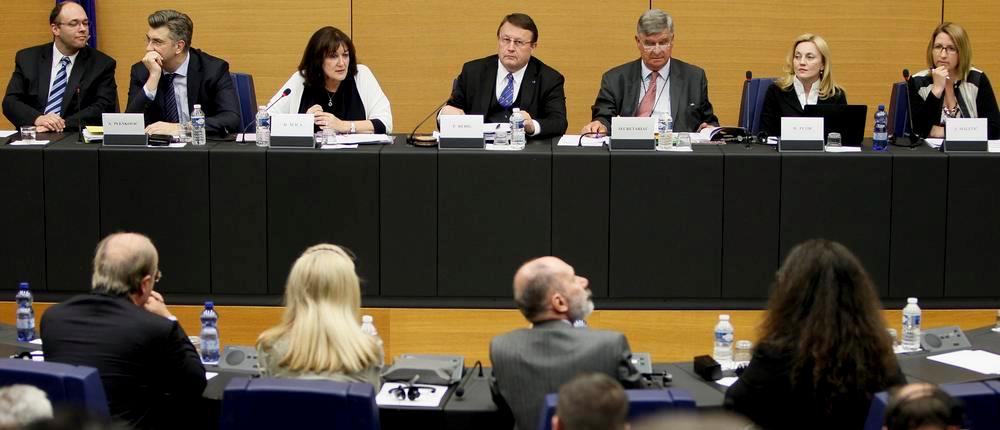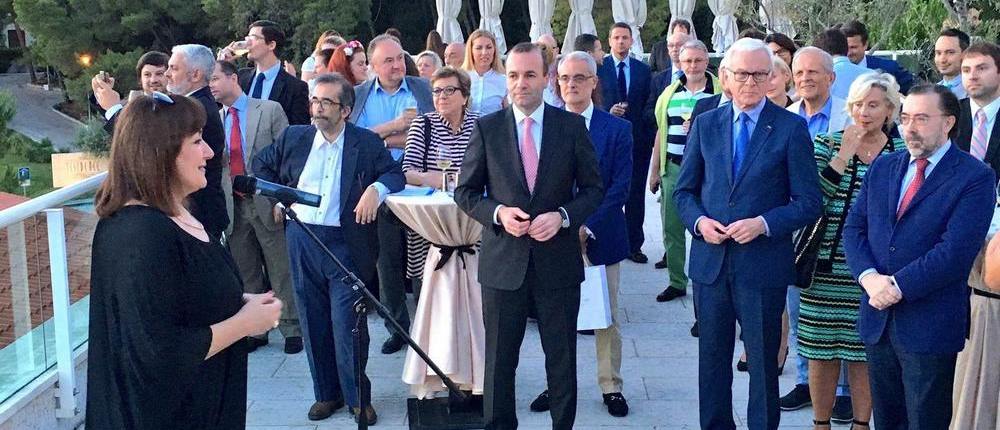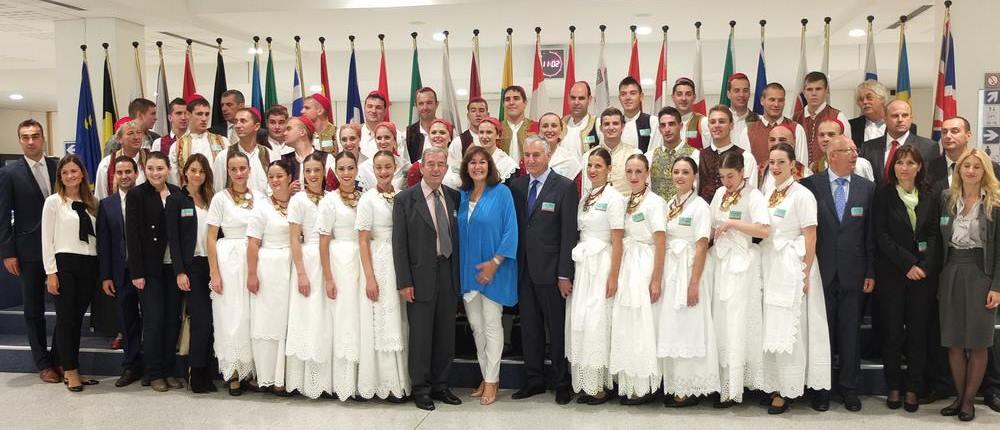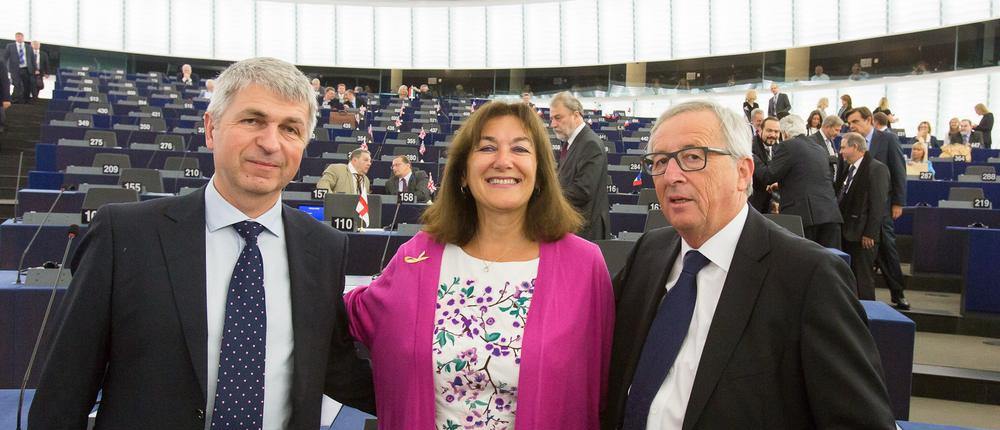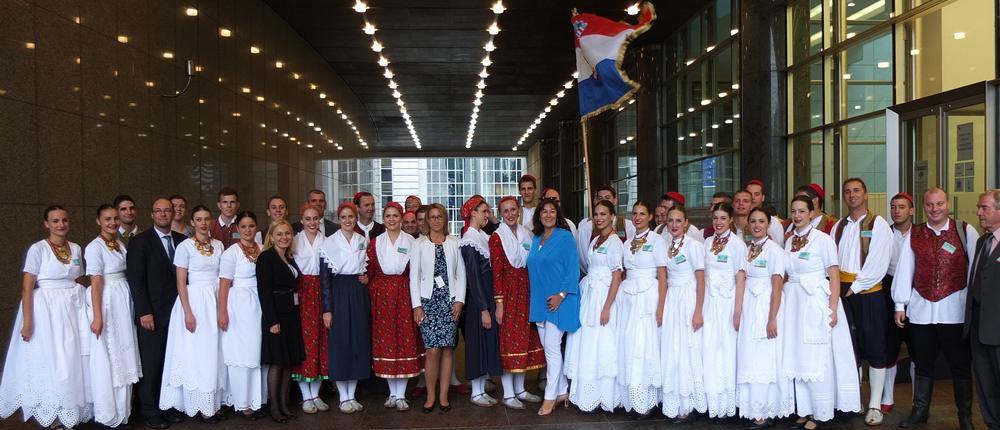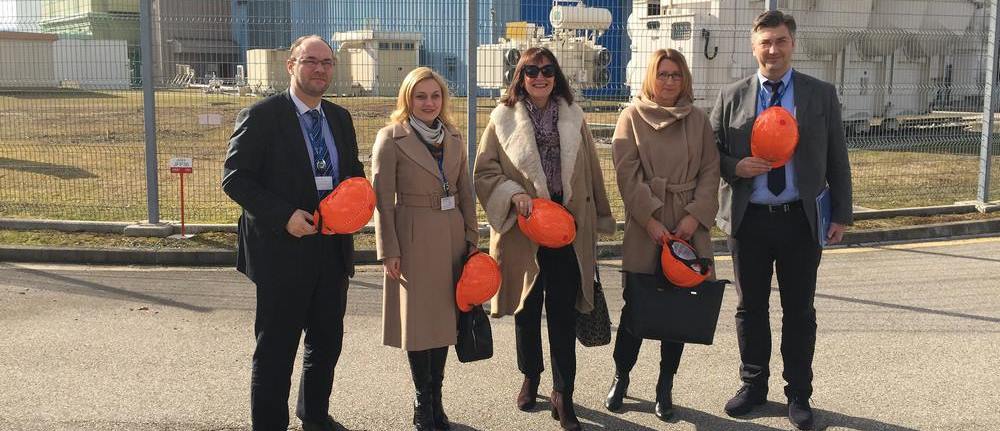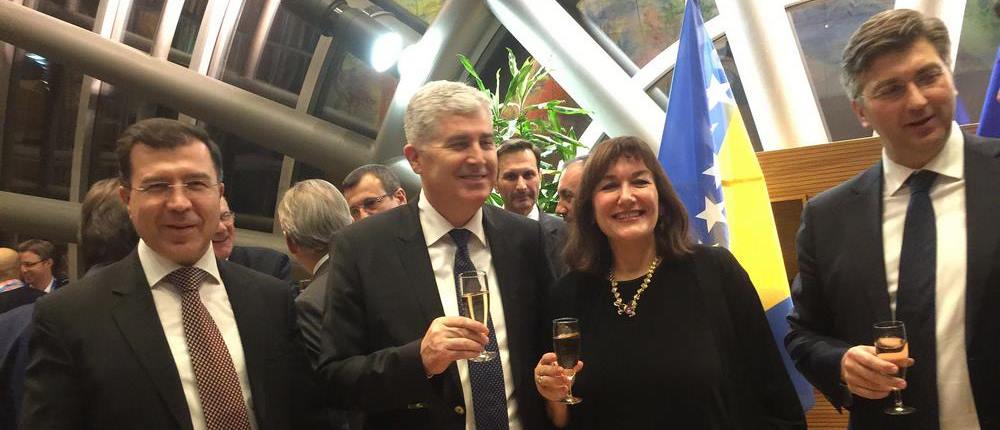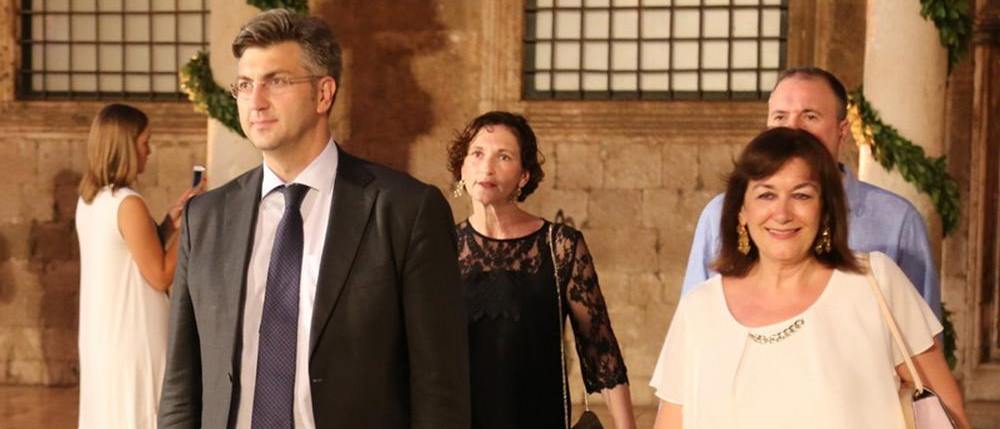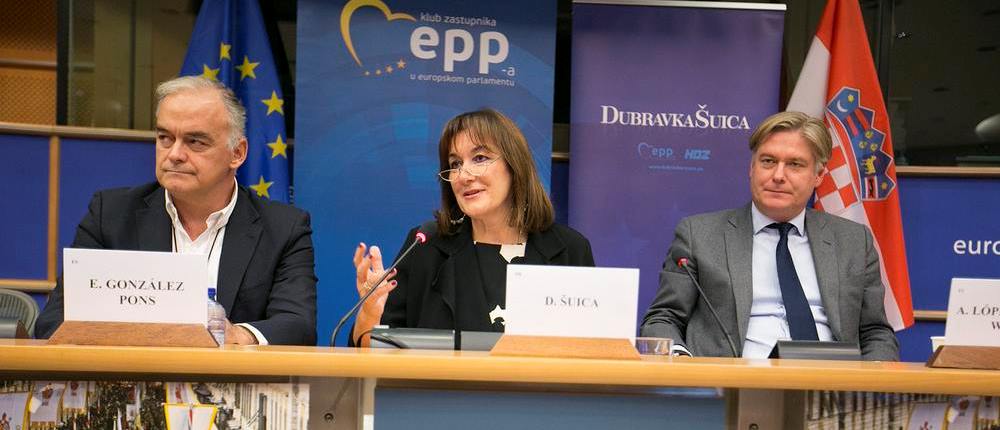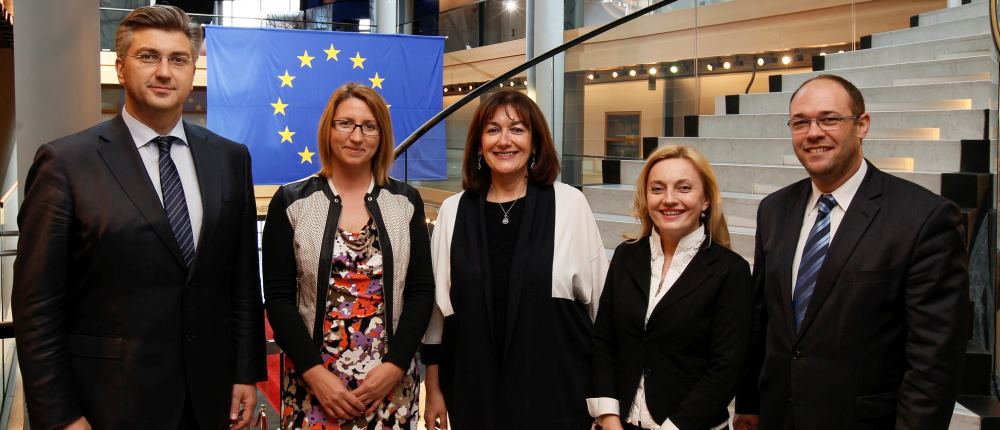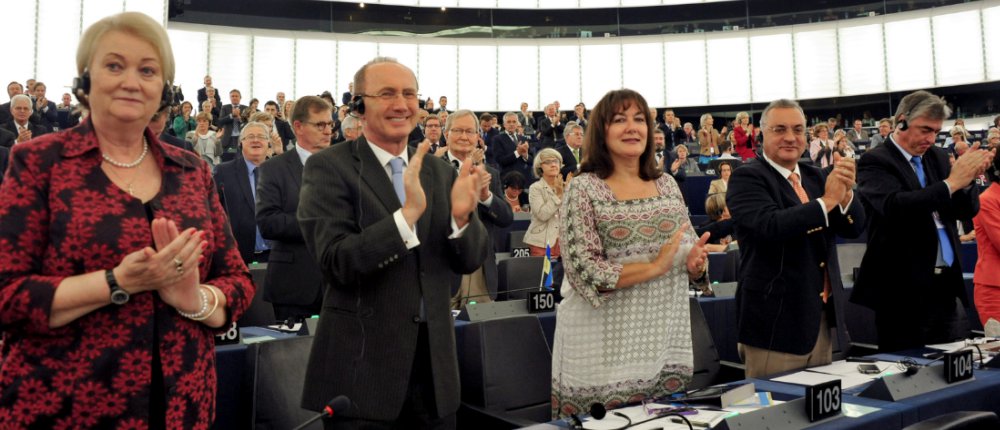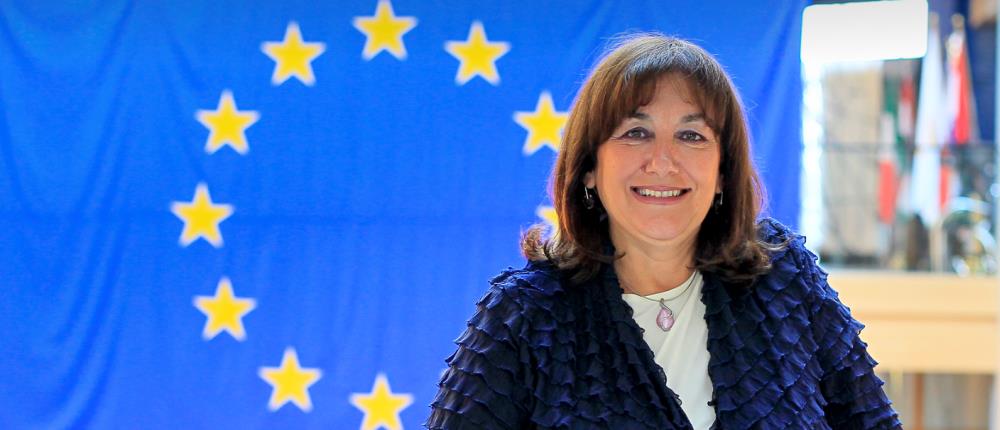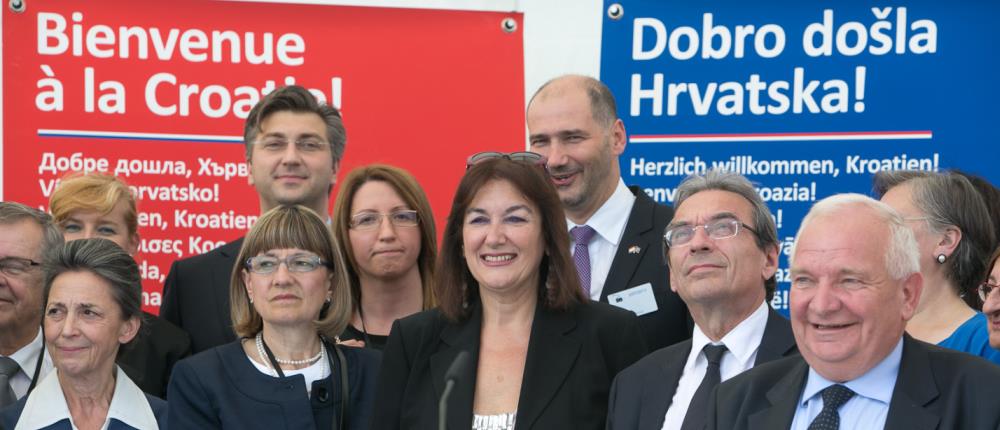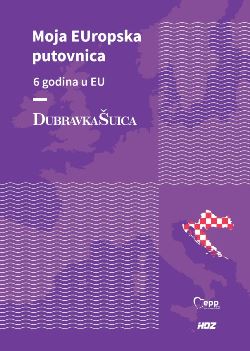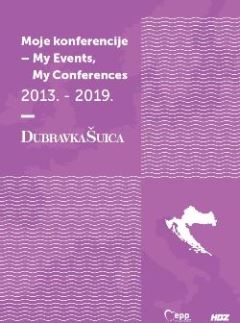Member of European Parliament Dubravka Šuica participated in a discussion with representatives of the European Commission during a meeting of the Committee for Tourism and Transport on the Trans-European Transport Network (TEN-T). It is known that the Adriatic - Ionian corridor is planned as a part of the TEN-T network, although in today's presentation it was not mentioned. The controversy over the continuation of construction has aroused great public interest in the Republic of Croatia due to a split in positions on the continuation of the route, and MEP Šuica called for a word.
''We know that the planning documents are made by local and regional government. This documentation must be consistent with the national strategy of development of transport and for this reason I want to know who specifically decides on the route of the corridor? You must know that this is a cross-border project that touches six states ranging from Trieste and ending in the Greek Patras. This issue is gaining weight because of the fact that in a Berlin meeting with statesmen from South East Europe, Chancellor Merkel concluded that the Adriatic-Ionian corridor is important because of better infrastructure and economic links in that part of Europe and thus will encourage growth and competitiveness. Let's not forget the geopolitical importance of this corridor'', said Šuica.
MEPs agreed that integrated design and planning is a key aspect of any project and that these principles should be taken into account during the construction of the TEN-T network, and thus, in the construction of the Adriatic-Ionian corridor. The Commission representative replied that the Adriatic-Ionian corridor is not officially included in the Trans-European Transport Network, but is seen as the most serious project to continue building highways and connecting South-Eastern Europe.



